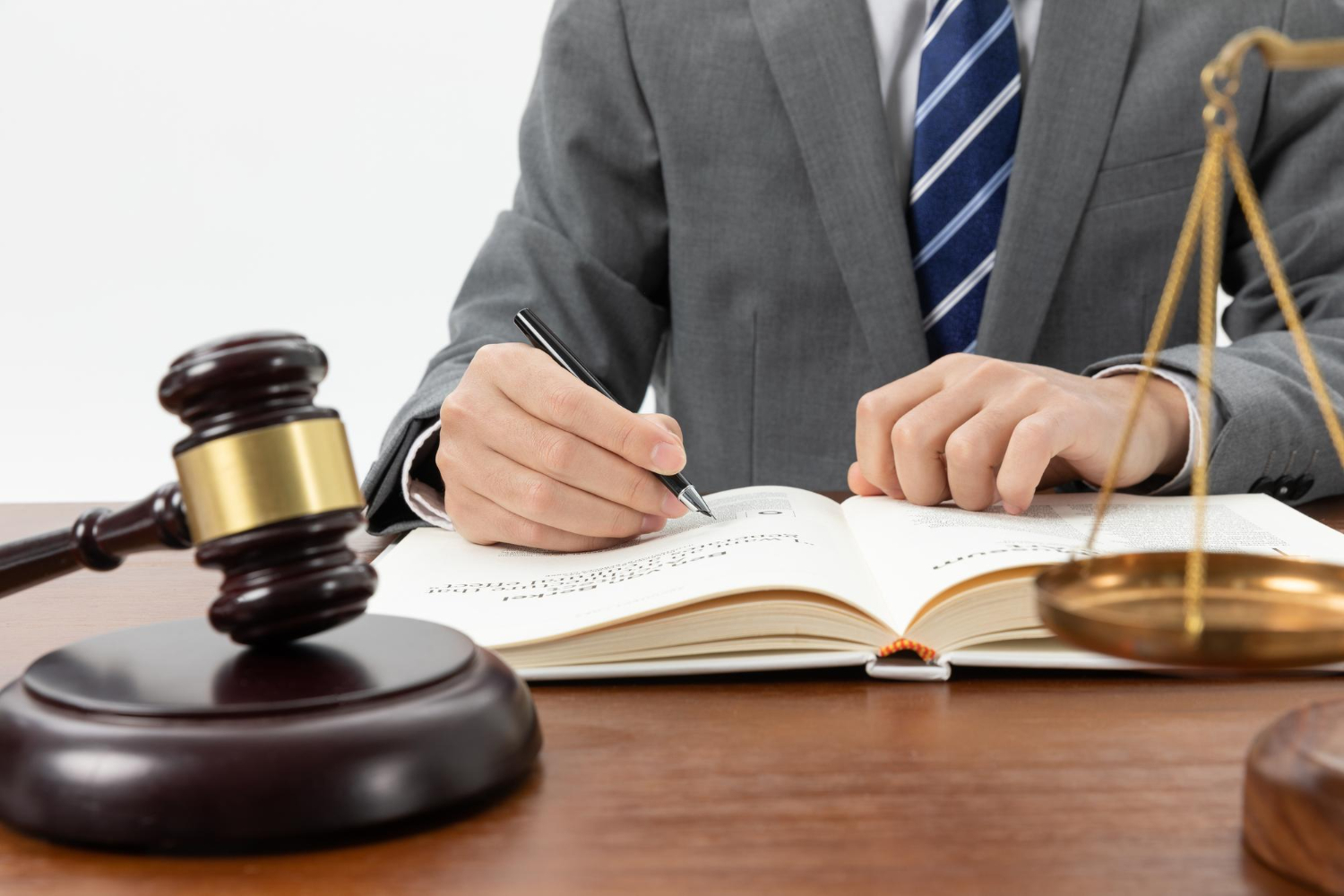When someone gets involved in a car accident, it is certain that the accident will lead to a lawsuit which includes several stages. One of the stages is the deposition stage of the process.
A deposition is a formal interview in the form of a recording at the lawyer’s office. In this interview, the witnesses including the parties involved issue a sworn testimony about the accident.
The testimony plays a vital role in how the case will progress and how it will influence the outcome.
A car accident lawyer has all the knowledge to guide you through deposition and how it works. So, hiring one can really prove to be helpful for you.
Purpose of Deposition in Car Accident Cases
The two major purposes when it comes to deposition in car accident cases are:
- It helps both parties to collect the information. By listening to the details of the accident from the one being affected directly and the witnesses, it gets easier for the lawyers to get all the insights into the events that occurred before, during, to after the accident.
This can act as a building block when it comes to understanding the differences in the testimonies and preparing for the trial plans.
- The deposition also plays a major role in keeping the formal record of the testimony of a person. This means that when a case goes to the court for trial, the deposition given by the parties can be used at that time as a reference.
Also, if some person gives a different account at trials than the one they gave on the deposition, the transcript of the deposition will be used to challenge the credibility here.
The Process of Deposition
The thought of deposition can sound really intimidating to a lot of people but when you understand the purpose and the structure of it, it gets really easy for you to access through it.
The Oath
Before the process of deposition starts, the court reporter issues an oath to the person who is being deposited. This is very similar to the oath that is taken in courtroom surroundings where the deponent assurances to tell the truth.
Also, here the court reporter is responsible for the recording of an entire deposition that ensures that there is an accurate, word-by-word rendition of what is being said. This is oftentimes converted into written documents if needed.
Cross-Examination
The major part of deposition is the questioning. The lawyer who is responsible for setting up the deposition (from the opposite party) starts by asking the witnesses a number of questions regarding the car accidents. This includes questions about their involvement in the accident, what they saw, and also some other relevant details.
The main concern here is to collect data and information as much as possible. The questions can be very specific to very generic.
Once this is finished, the personal injury lawyer from the deponent side can cross-question. This is the moment to clarify the previous answers given.
Conclusion of the Deposition
After all the questioning is done, the disposition comes to an end. The attorneys can come up with some concluding remarks and clarifications. As soon as the court reporter says the recording is done, the deponent can leave. Now that the deposition is over, do not forget that the testimony given will have lasting impacts as the case progresses.
What Happens After a Deposition?
Once the process of deposition is over, it does not mean that the legal journey is over. This is what happens after the deposition is over.
Now, that the deposition is over, the attorneys of both parties will receive a transcript of everything said. They will review the documents to understand the testimony.
The deposition might focus more on the new evidence and might suggest more witnesses previously known. This can lead to further discovery actions that include seeking different documentation, desiring additional deposits, and using expert witnesses.
Depending on the content of the deposition the lawyers can also file motions with the court.
Sometimes the testimony that is given during the deposition can evoke both sides of the parties to think about settlement discussions. If one party thinks that the deposition isn’t going in their favor, they can easily agree to a settlement.
On the other hand, if the case is moving more toward a trial, it is best to start preparing for that as deposition alone cannot do anything. While going through the case in court, the deposition helps first to confront the witnesses and then take the case further.
Take Away
In conclusion, the deposition is not only an important event in the legal proceedings, it is also a platform that goes toward case resolution. The testimony captured at the time of deposition plays a very important role in the case of both settlement and trial verdict.
